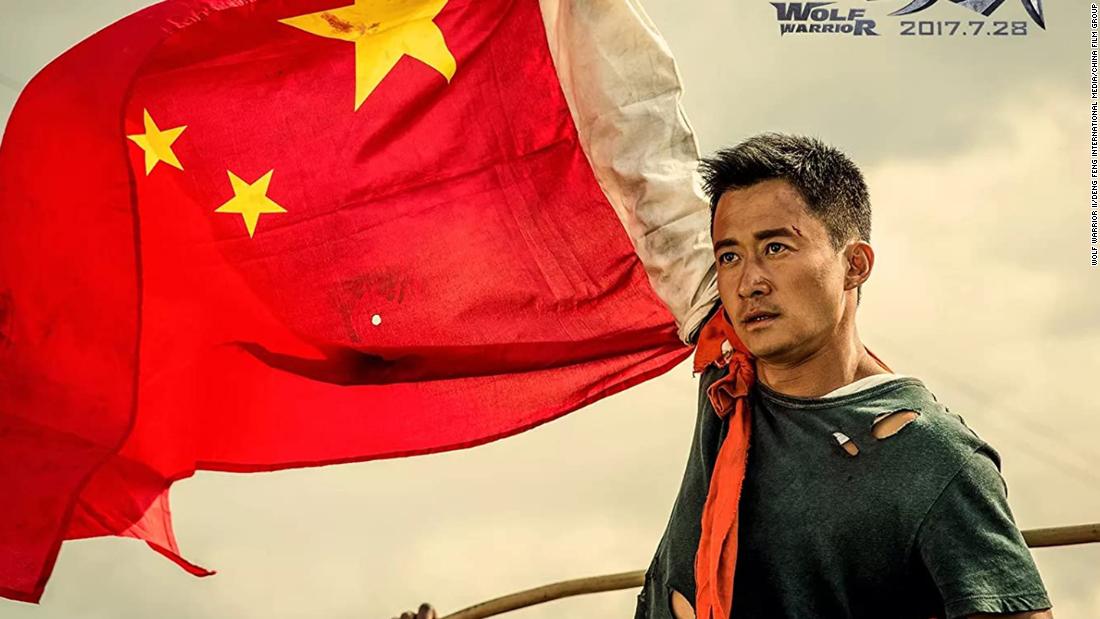
It provoked a furious reaction from former US President Barack Obama's National Security Adviser Susan Rice, who called Zhao a "racist disgrace." But one year later, Zhao's career has only blossomed, and he is now one of the three high-profile spokespeople who hold the Chinese Foreign Ministry's daily press conference.
Not only that, but Chinese diplomats across the world have begun to mirror Zhao's aggressive tactics on Twitter, a platform long banned in China.
Zhao's boss Hua Chunying, director general of the Foreign Ministry's Department of Information, has frequently lashed out at critics on her Twitter account, which she only opened in October 2019 and now boasts almost 500,000 followers.
"Some politicians ignore the basic facts and make up countless lies and conspiracy theories concerning China," Hua said on May 24 amid deteriorating relations between the US and China over the coronavirus pandemic.
China's ambassador to the UK Liu Xiaoming has been another keen "wolf warrior," regularly using Twitter to hit back against critics of Beijing in Europe.
Speaking to state media on Monday, Liu said that the term "wolf warrior" was a misunderstanding of China's foreign policy, which he said was an "independent foreign policy of peace," but added sometimes a strong hand was needed.
"Where there is a 'wolf,' there is a warrior," Liu said in an answer posted to his Twitter.
Despite the comments by Foreign Minister Wang and the ambassador, there still appears to be a degree of indecision in the Chinese government and state media over whether or not to fully embrace the term.
In April, the state-run tabloid Global Times published a story praising China's "wolf warrior" diplomats for taking the fight to the West, saying it was necessary as Western diplomats "resort to a hysterical hooligan style diplomacy."
But one month later, on May 24, following Foreign Minister Wang's comments, the tabloid's editorial claimed it was the US who was actually running a "wolf warrior" foreign policy.
"Labeling Chinese diplomacy as 'wolf warrior' reflects an extreme ideology," the paper said.
Richard McGregor, an expert in the Chinese Communist Party and senior fellow at the Lowy Institute, said that there was currently a fierce debate inside China over how aggressive the country's foreign policy should be.
"There's clearly a split about how China should conduct its diplomacy.
It might only be a tactical split, but at the moment, the 'wolves' seem to have the ascendancy," he said.
